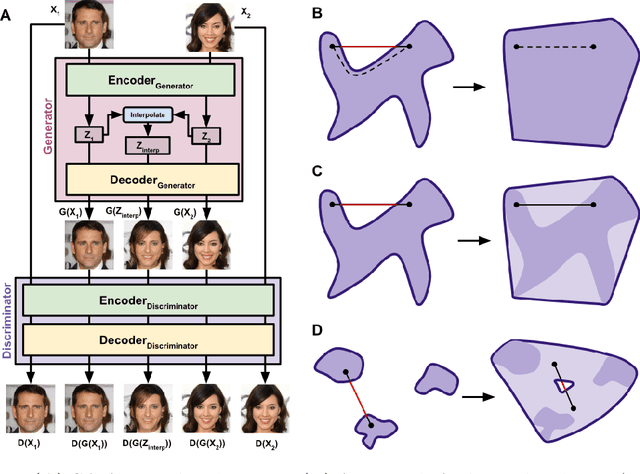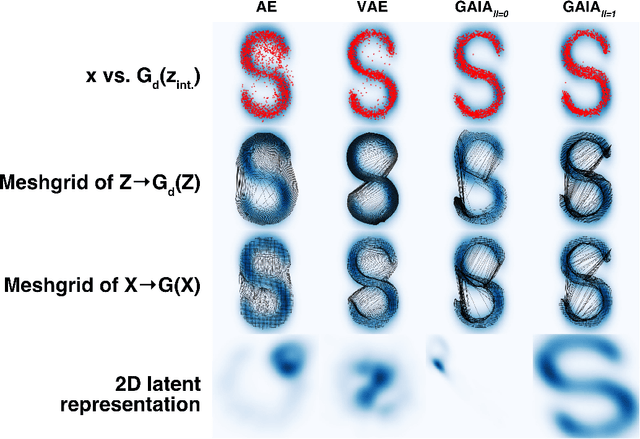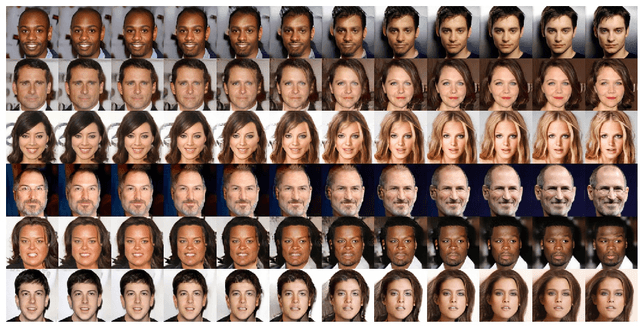Marvin Thielk
TalkUp: A Novel Dataset Paving the Way for Understanding Empowering Language
May 23, 2023



Abstract:Empowering language is important in many real-world contexts, from education to workplace dynamics to healthcare. Though language technologies are growing more prevalent in these contexts, empowerment has not been studied in NLP, and moreover, it is inherently challenging to operationalize because of its subtle, implicit nature. This work presents the first computational exploration of empowering language. We first define empowerment detection as a new task, grounding it in linguistic and social psychology literature. We then crowdsource a novel dataset of Reddit posts labeled for empowerment, reasons why these posts are empowering to readers, and the social relationships between posters and readers. Our preliminary analyses show that this dataset, which we call TalkUp, can be used to train language models that capture empowering and disempowering language. More broadly, as it is rich with the ambiguities and diverse interpretations of real-world language, TalkUp provides an avenue to explore implication, presuppositions, and how social context influences the meaning of language.
Generative adversarial interpolative autoencoding: adversarial training on latent space interpolations encourage convex latent distributions
Jul 17, 2018



Abstract:We present a neural network architecture based upon the Autoencoder (AE) and Generative Adversarial Network (GAN) that promotes a convex latent distribution by training adversarially on latent space interpolations. By using an AE as both the generator and discriminator of a GAN, we pass a pixel-wise error function across the discriminator, yielding an AE which produces non-blurry samples that match both high- and low-level features of the original images. Interpolations between images in this space remain within the latent-space distribution of real images as trained by the discriminator, and therfore preserve realistic resemblances to the network inputs.
 Add to Chrome
Add to Chrome Add to Firefox
Add to Firefox Add to Edge
Add to Edge